The Queen broke this royal tradition giving birth in 1964, and it's paved the way for others
The late majesty didn't follow royal protocol when she gave birth
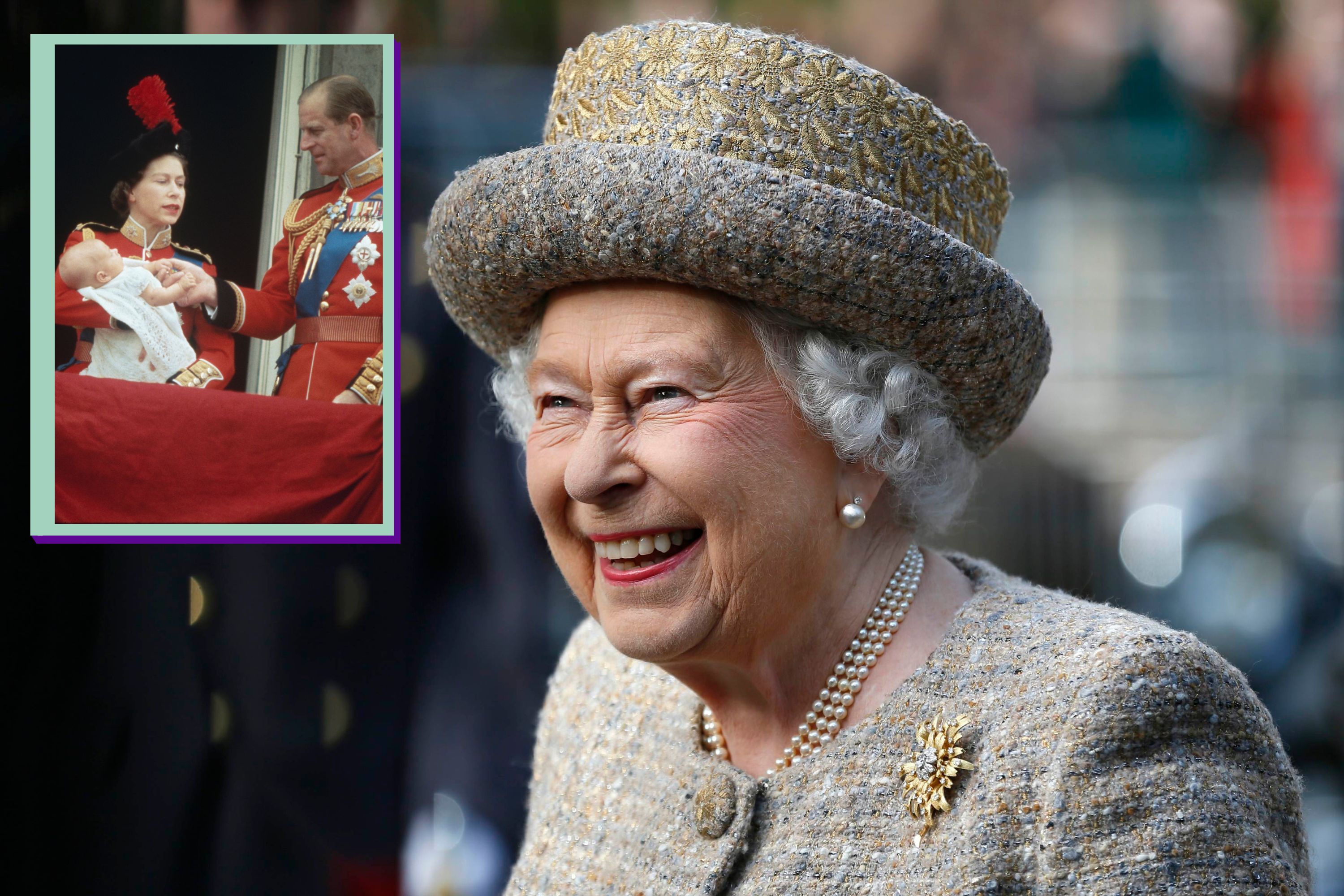

When the Queen gave birth in 1964 she broke a royal tradition, and it's one that has since changed the labour room experience for royals.
The late majesty is mother of four to Charles, Anne, Andrew and Edward and what happened inside the labour room paved the way for other members of the royal family to follow suit.
Giving birth can be a daunting prospect for most mothers who these days have a birthing plan that often includes a midwife, and a preferred method of birth, whether it's a water birth, hospital or home birth.
Prior to the Queen giving birth to Prince Edward, who is now known as the Duke of Edinburgh, on 10th March 1964, traditionally royal births took place without the fathers present.
Queen Elizabeth II kept to the royal tradition when she welcomed son Prince Charles, now known as King Charles, into the world on 14 November 1948, daughter Princess Anne, the Princess Royal on 15 August, 1950 and son Prince Andrew on 19 February 1960.
But the birth of her third son and youngest child Prince Edward, now known by the new title Edward, Duke of Edinburgh, on 10 March 1964, the Queen had her husband Prince Philip present for the birth.
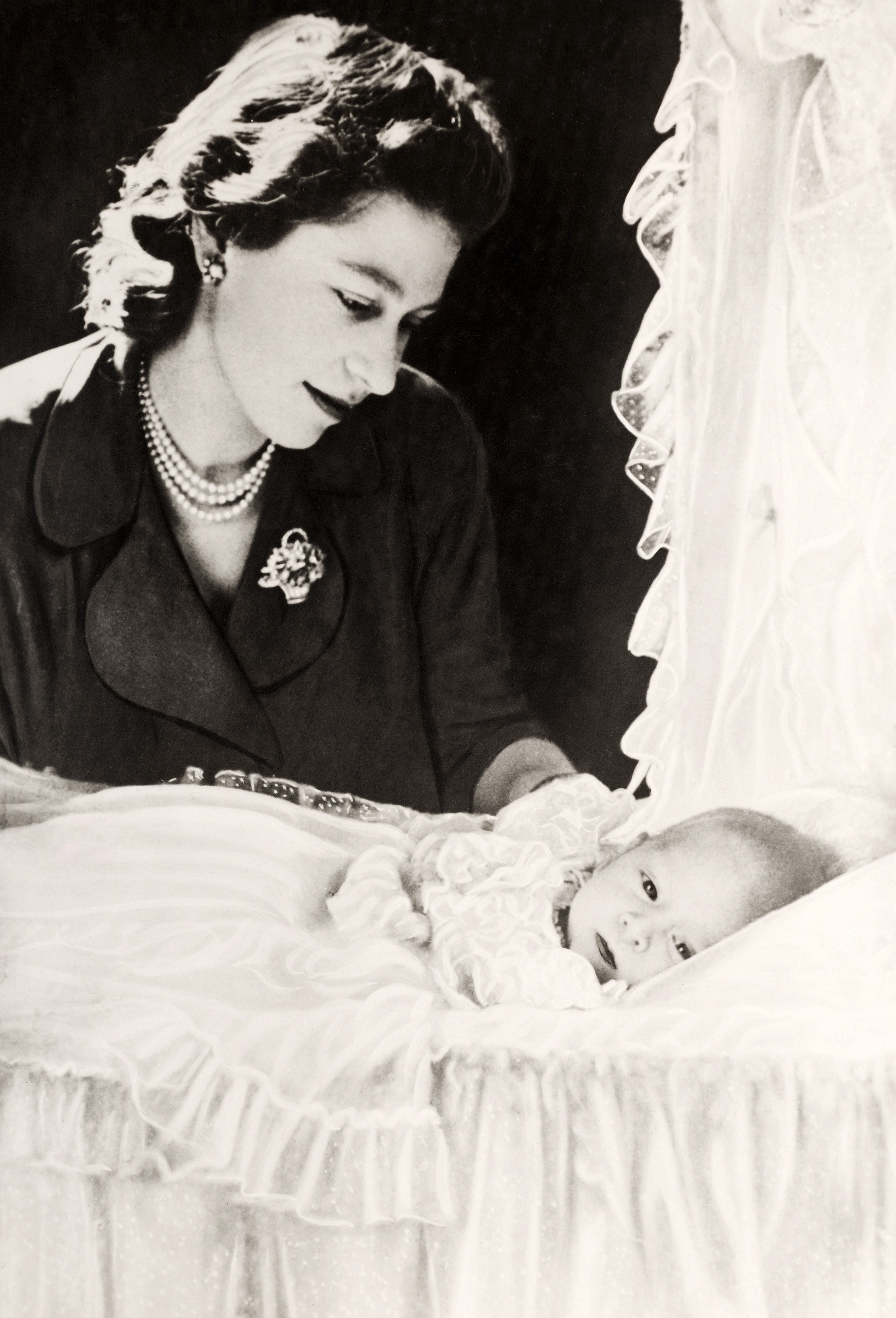
It's understood that after reading women's magazines about fathers being present at births, her majesty was keen to have Prince Philip there and he was during the birth of Prince Edward and he held her hand as the baby was born, according to Maternity and Midwifery.
GoodtoKnow Newsletter
Parenting advice, hot topics, best buys and family finance tips delivered straight to your inbox.
Prior to this, delivery rooms were considered women-only. And this was the case for centuries - even in the 19th and early 20th centuries it was unusual for fathers to be present for the birth of their children.
And since then other royal dads have been present at the births including Prince Charles who was present at the birth of his two sons Prince William and Harry and subsequently Prince William was present for the births of his three children Prince George, Charlotte and Louis.
Also, the Queen went against using the usual 'twilight sleep' method - also known as Dammerschlaf - a form of childbirth first used in the early twentieth century in Germany. Pregnant women took drugs before labour to enter a state of sleep prior to giving birth and awake from childbirth with no recollection of the procedure.
But instead, she had a physiological birth - this emphasises an unrushed, supported process, with less-invasive monitoring allowing women to give birth spontaneously without an epidural or other obstetric intervention unless it's medically necessary.
In a letter, shortly after the birth of Prince Edward, the Queen wrote a letter to her midwife called Rowie, part of it said, "The baby is wonderful—good as gold, trying to sit up and weighing 15 lbs 12! He smiles and giggles at everyone, and makes everyone happy!"
The Queen also broke a record when she gave birth to son Prince Andrew as she became the first reigning monarch to give birth in 103 years.
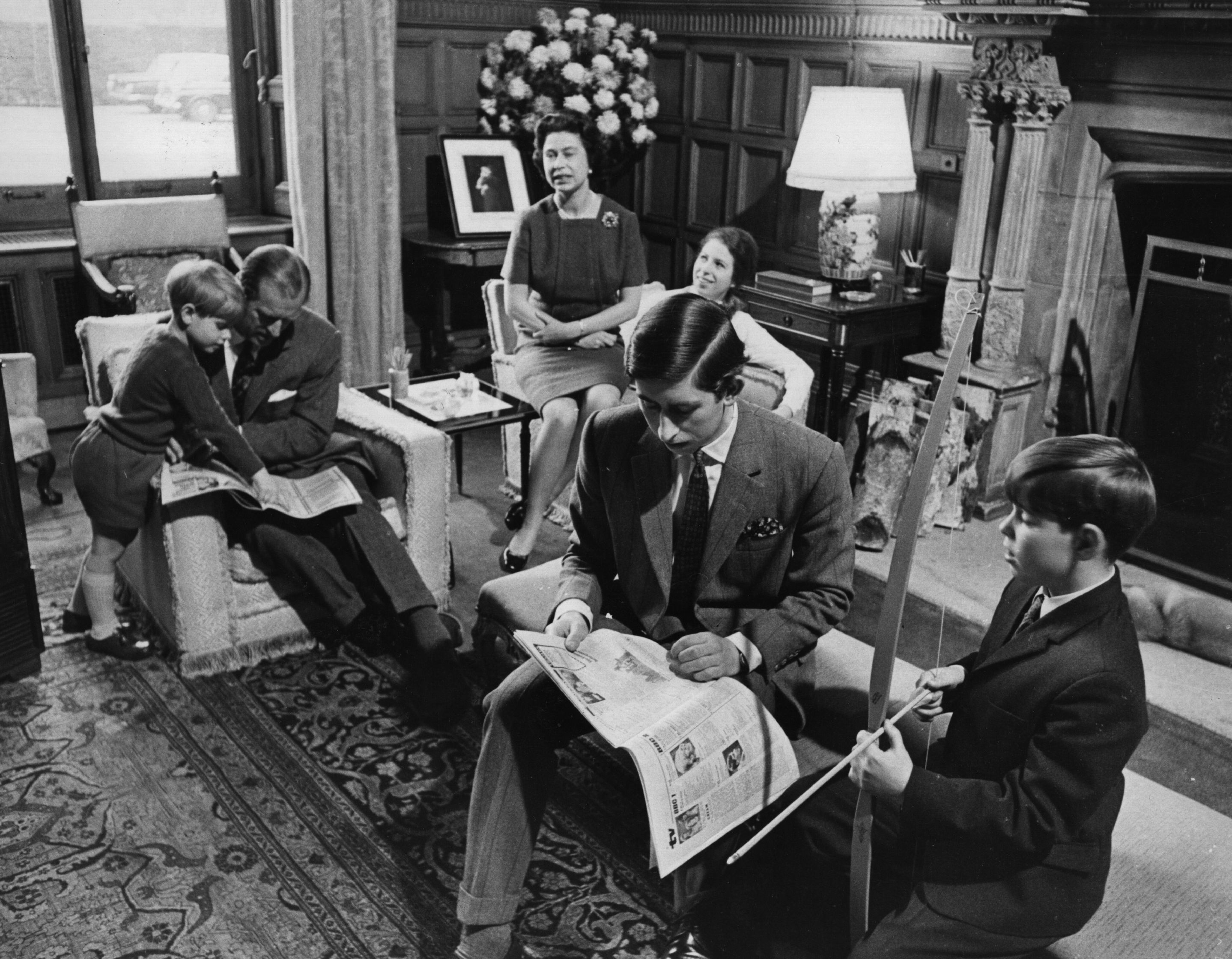
In other Royal news, Princess Anne let this royal family member choose her baby name for daughter Zara - and it’s not who you’d expect and Kate Middleton's favourite sweet treat is perfect for an alternative festive pudding, here's the royal recipe.

Selina is a Senior Family Writer for GoodtoKnow and has more than 16 years years of experience. She specialises in royal family news, including the latest activities of Prince George, Charlotte, Louis, Archie and Lilibet. She also covers the latest government, health and charity advice for families. Selina graduated from the University of Sheffield in 2006 with a degree in Journalism, and gained her NCTJ and NCE qualifications. During her career, she’s also written for Woman, Woman's Own, Woman&Home, and Woman's Weekly as well as Heat magazine, Bang Showbiz - and the Scunthorpe Telegraph. When she's not covering family news, you can find her exploring new countryside walking routes, catching up with friends over good food, or making memories (including award-winning scarecrows!)
-
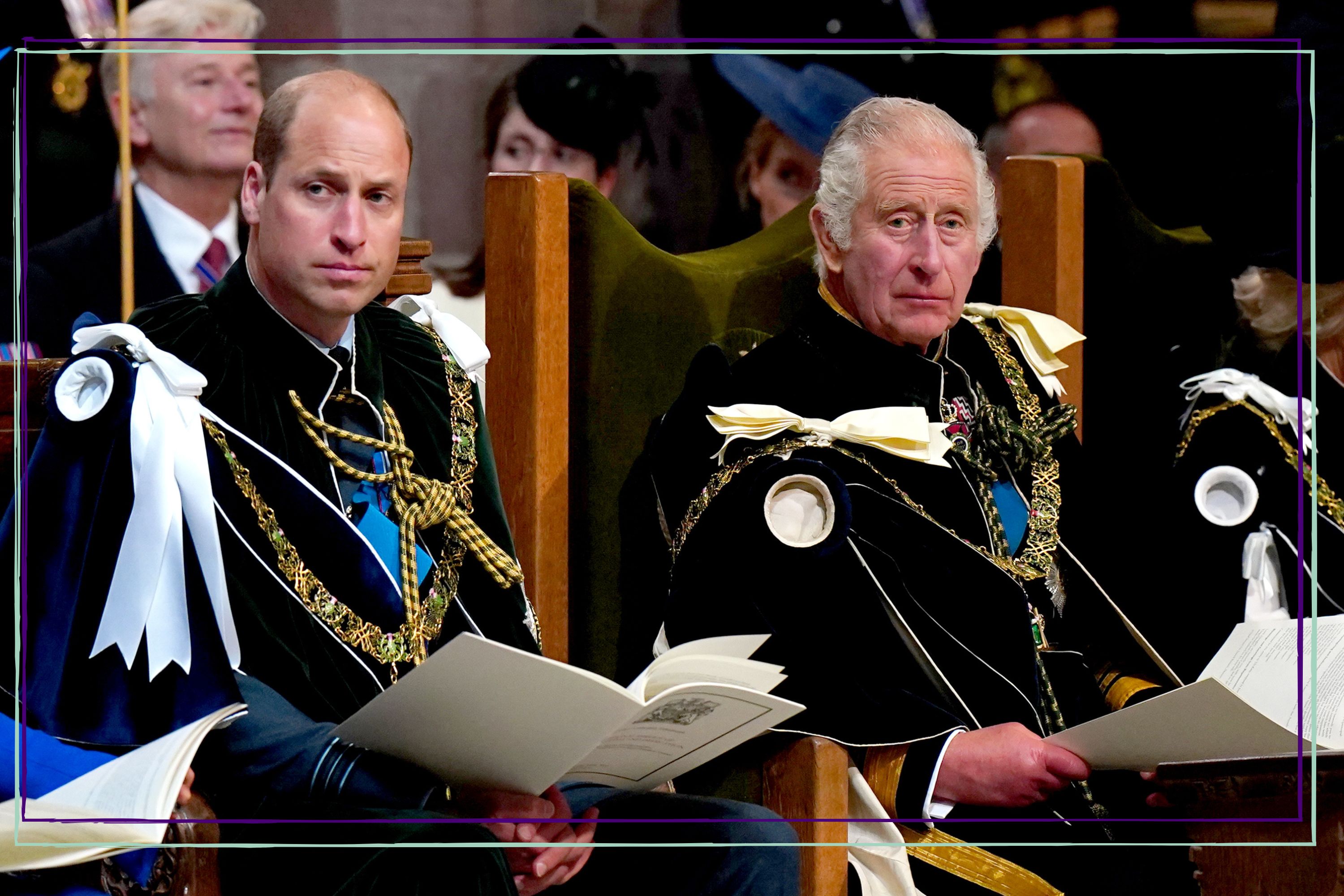 Prince William upsets King Charles with ‘risky’ decision over his family’s holiday
Prince William upsets King Charles with ‘risky’ decision over his family’s holidayThe father and son have reportedly 'clashed' over the Prince's choice for Prince George, Charlotte and Louis
By Charlie Elizabeth Culverhouse
-
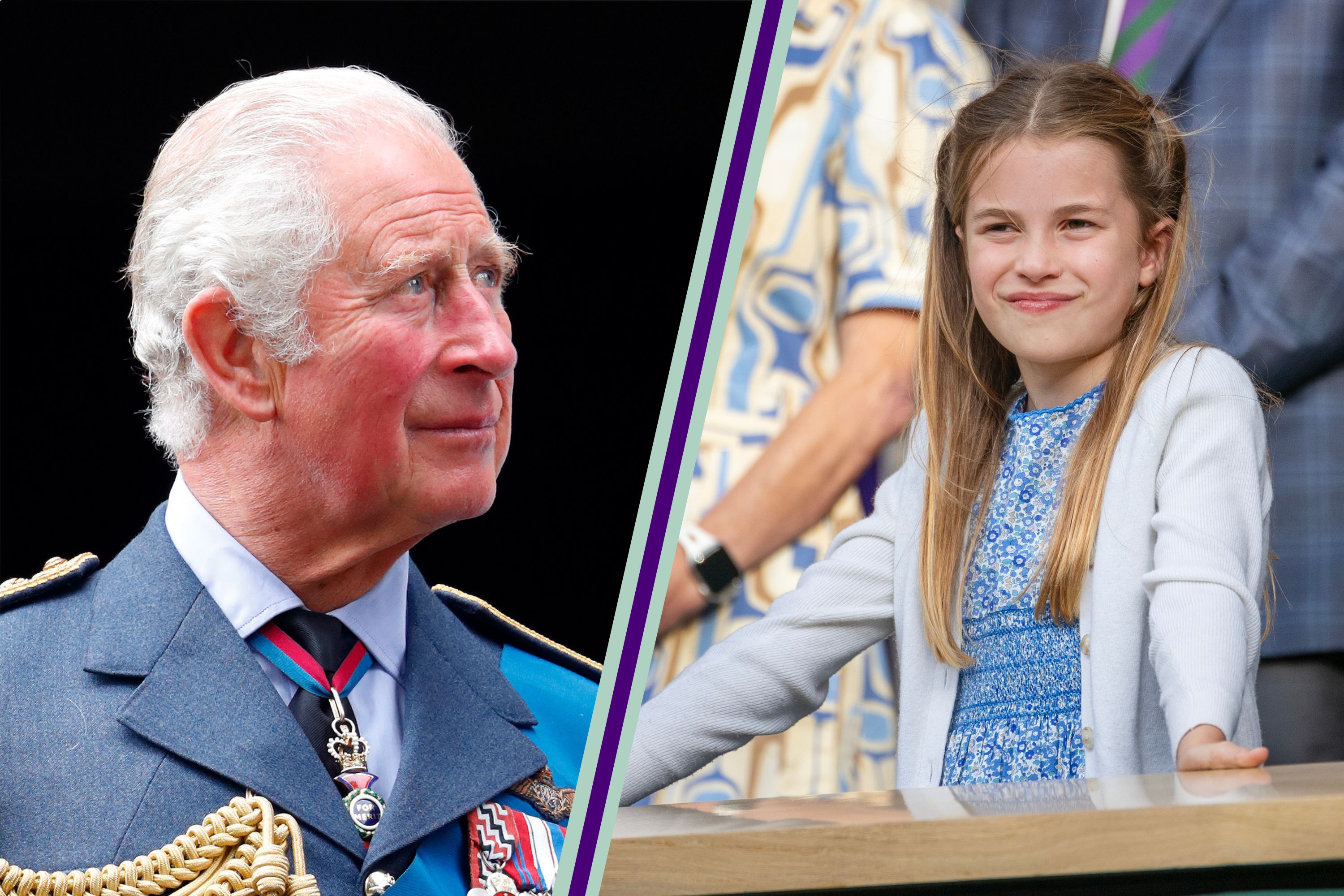 Princess Charlotte’s sweet gift for King Charles proves her love for Taylor Swift is rubbing off on her granddad
Princess Charlotte’s sweet gift for King Charles proves her love for Taylor Swift is rubbing off on her granddadThe King was seen wearing a tell-tale accessory that Swifties across the globe love
By Charlie Elizabeth Culverhouse
-
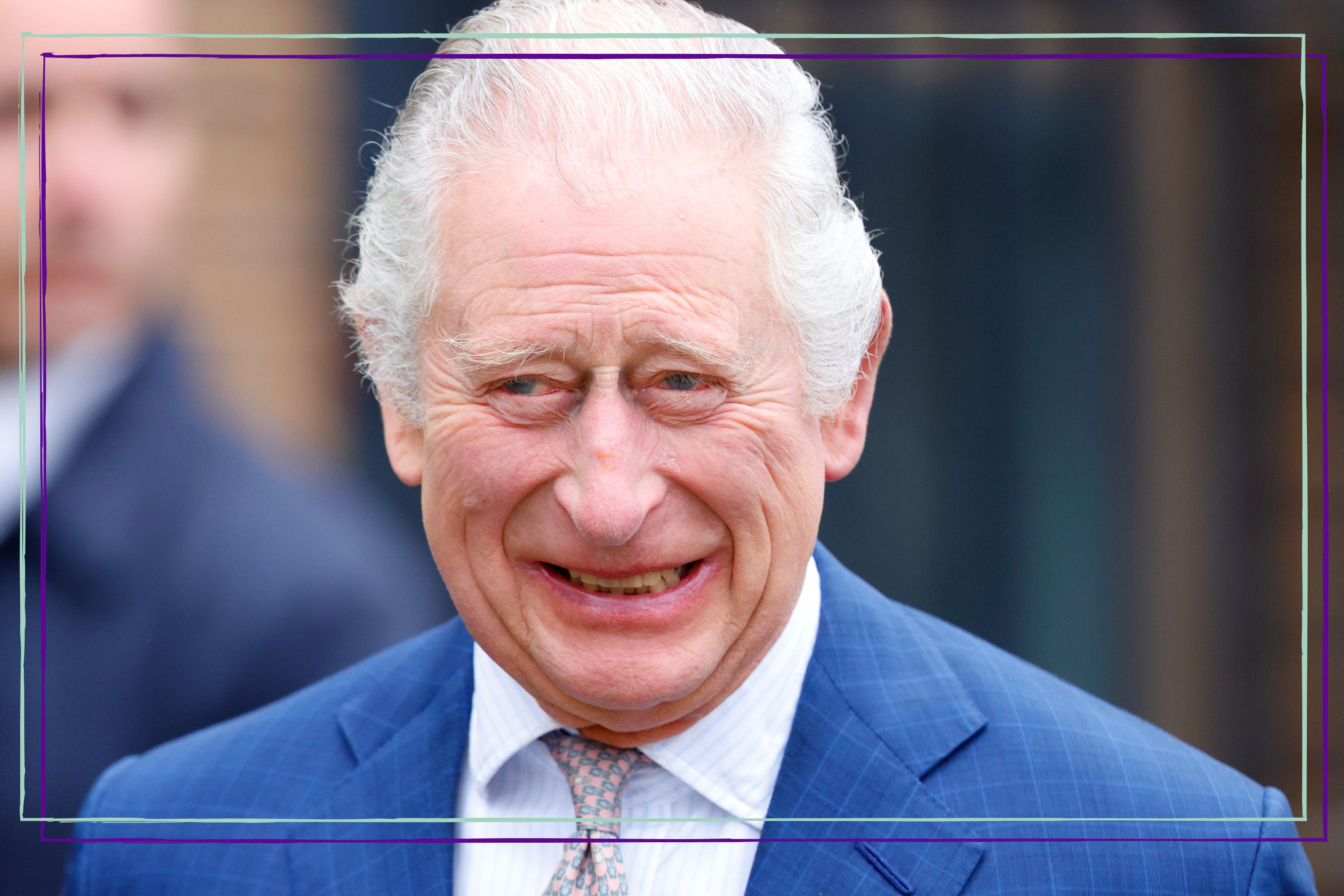 Prince George, Charlotte and Louis have clearly been keeping granddad King Charles up to date with pop-culture as he makes hilarious joke in rare speech
Prince George, Charlotte and Louis have clearly been keeping granddad King Charles up to date with pop-culture as he makes hilarious joke in rare speechEven the King is a fan of dad jokes
By Charlie Elizabeth Culverhouse
-
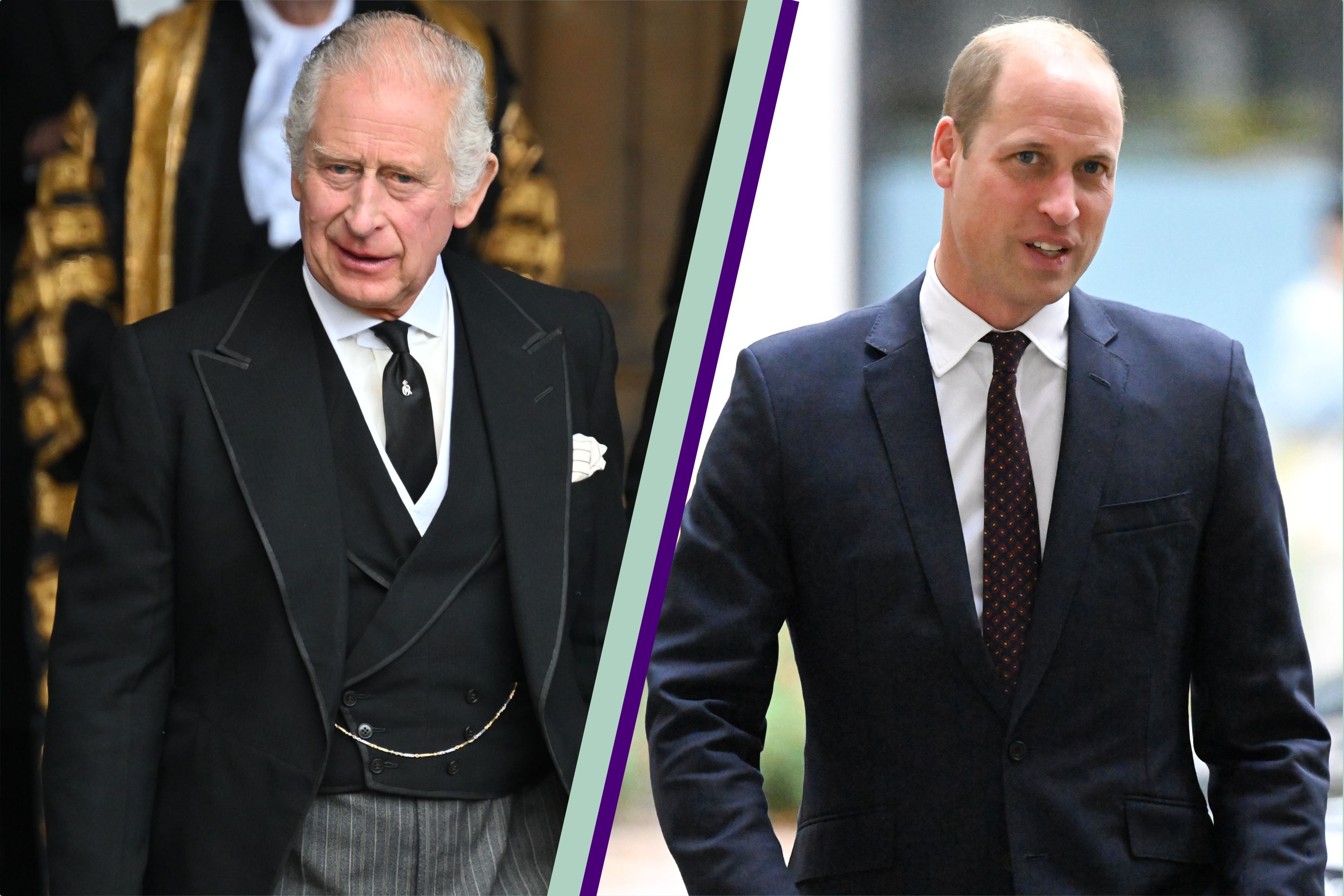 Prince William reveals sweet nickname for King Charles in simple but heartfelt Father’s Day message
Prince William reveals sweet nickname for King Charles in simple but heartfelt Father’s Day messageThe Prince of Wales also shared a throwback picture of himself with his father
By Charlie Elizabeth Culverhouse
-
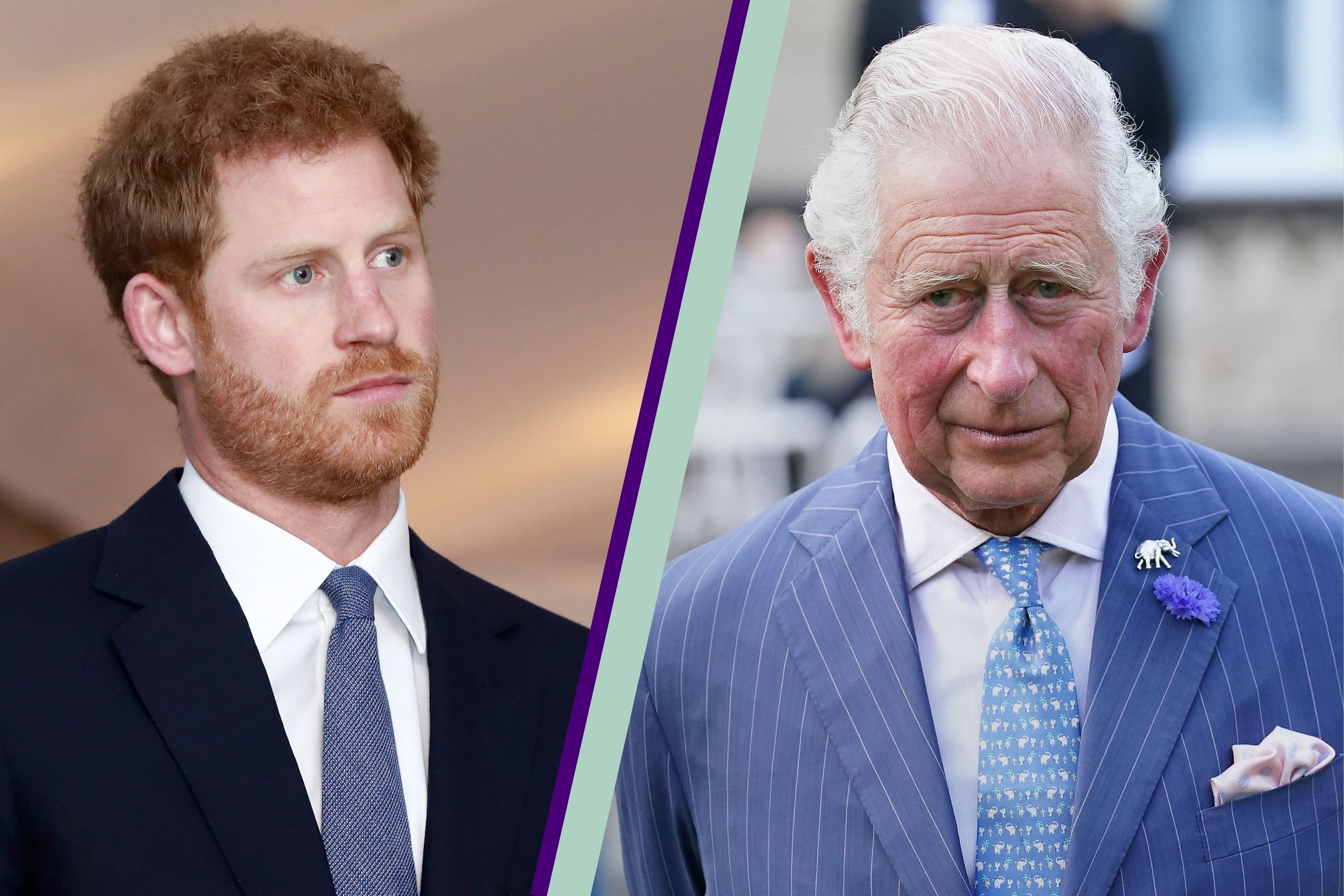 Prince Harry’s Father’s Day plans with King Charles revealed as royal expert reminds public that he ‘really does love his father’
Prince Harry’s Father’s Day plans with King Charles revealed as royal expert reminds public that he ‘really does love his father’Royal fans are keen to know if Prince Harry will reach out to his father to celebrate the day
By Charlie Elizabeth Culverhouse
-
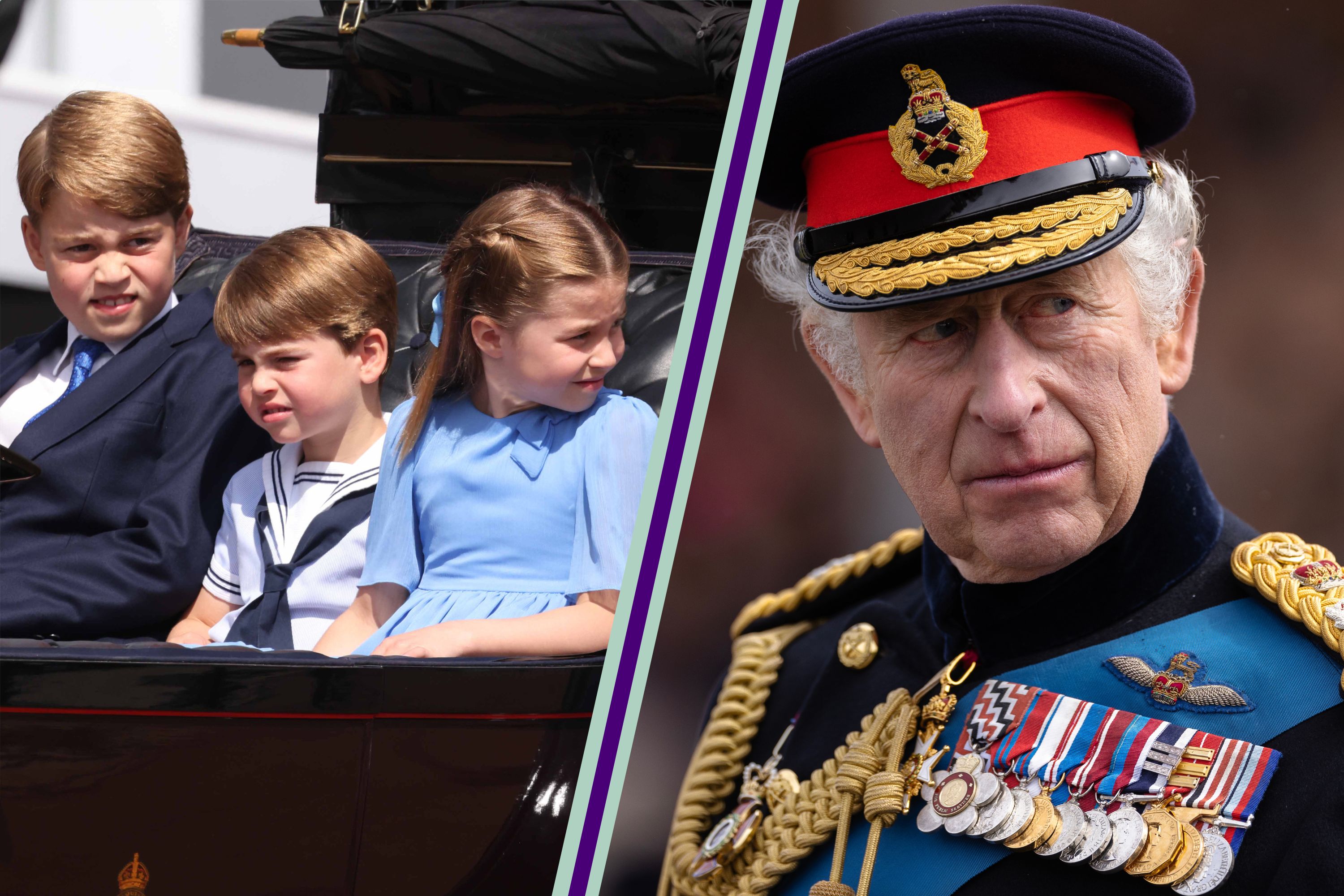 Prince George, Charlotte and Louis will be delighted with the exciting new feature in King Charles’ garden - and it also lets the monarch live out his own childhood dream
Prince George, Charlotte and Louis will be delighted with the exciting new feature in King Charles’ garden - and it also lets the monarch live out his own childhood dreamHas he just won grandfather of the year? We think so...
By Charlie Elizabeth Culverhouse
-
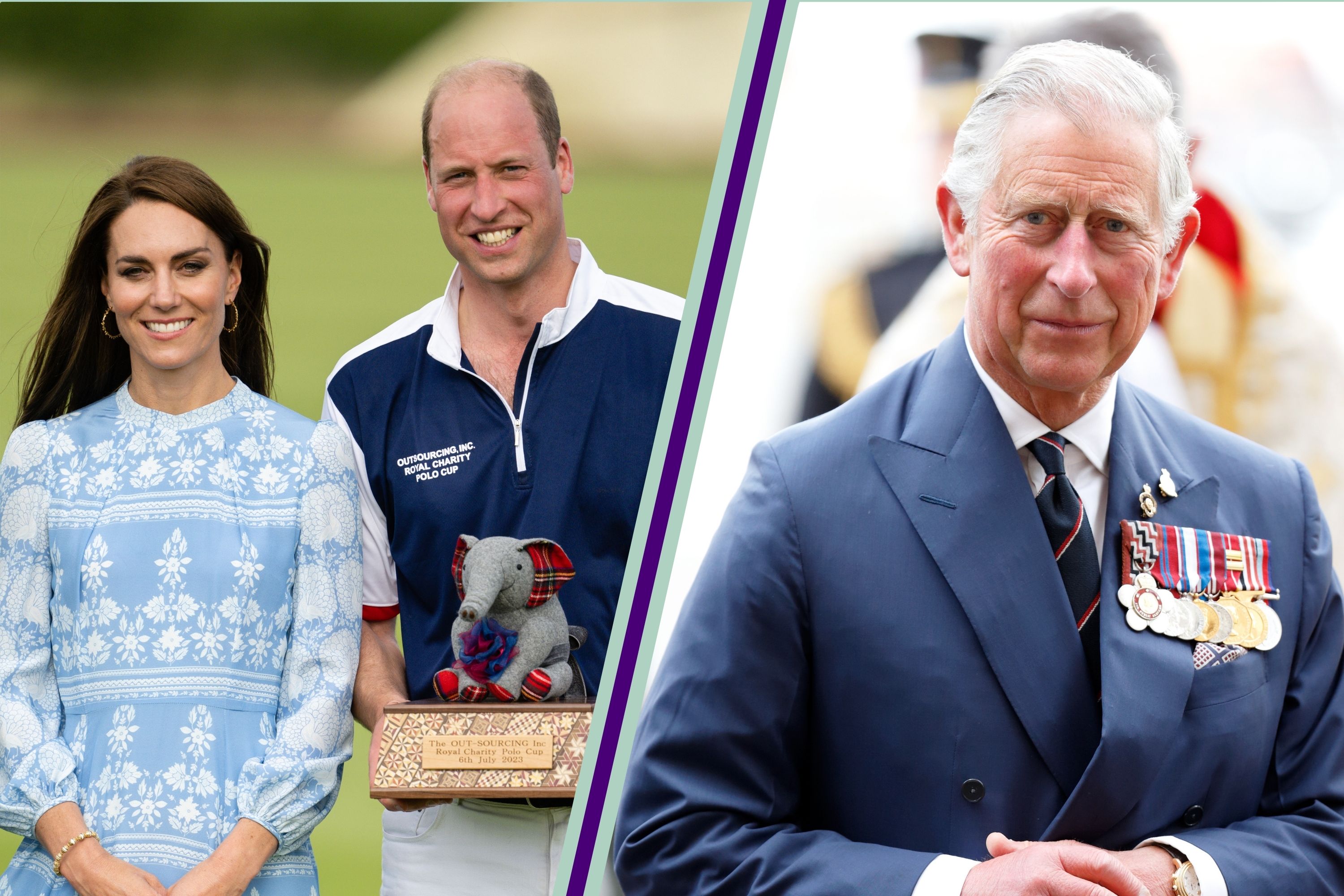 The unexpected way King Charles made sure his son Prince William met Kate Middleton - and he could never have guessed how important the ‘fatherly’ advice would be
The unexpected way King Charles made sure his son Prince William met Kate Middleton - and he could never have guessed how important the ‘fatherly’ advice would beWithout some stern advice from his father, Prince William may never have met his future wife
By Charlie Elizabeth Culverhouse
-
 King Charles is reportedly writing up his ‘succession plans’ and they could have major implications for Prince George, Charlotte and Louis
King Charles is reportedly writing up his ‘succession plans’ and they could have major implications for Prince George, Charlotte and LouisThere will be winners and losers in the plan, but how will it impact the Wales children?
By Charlie Elizabeth Culverhouse